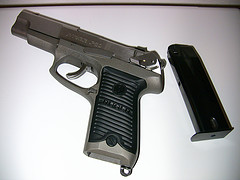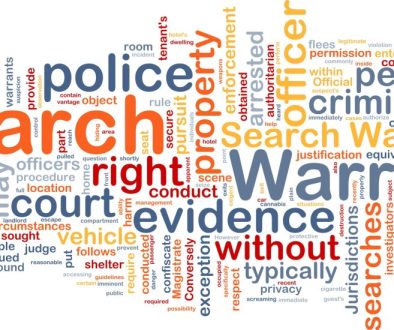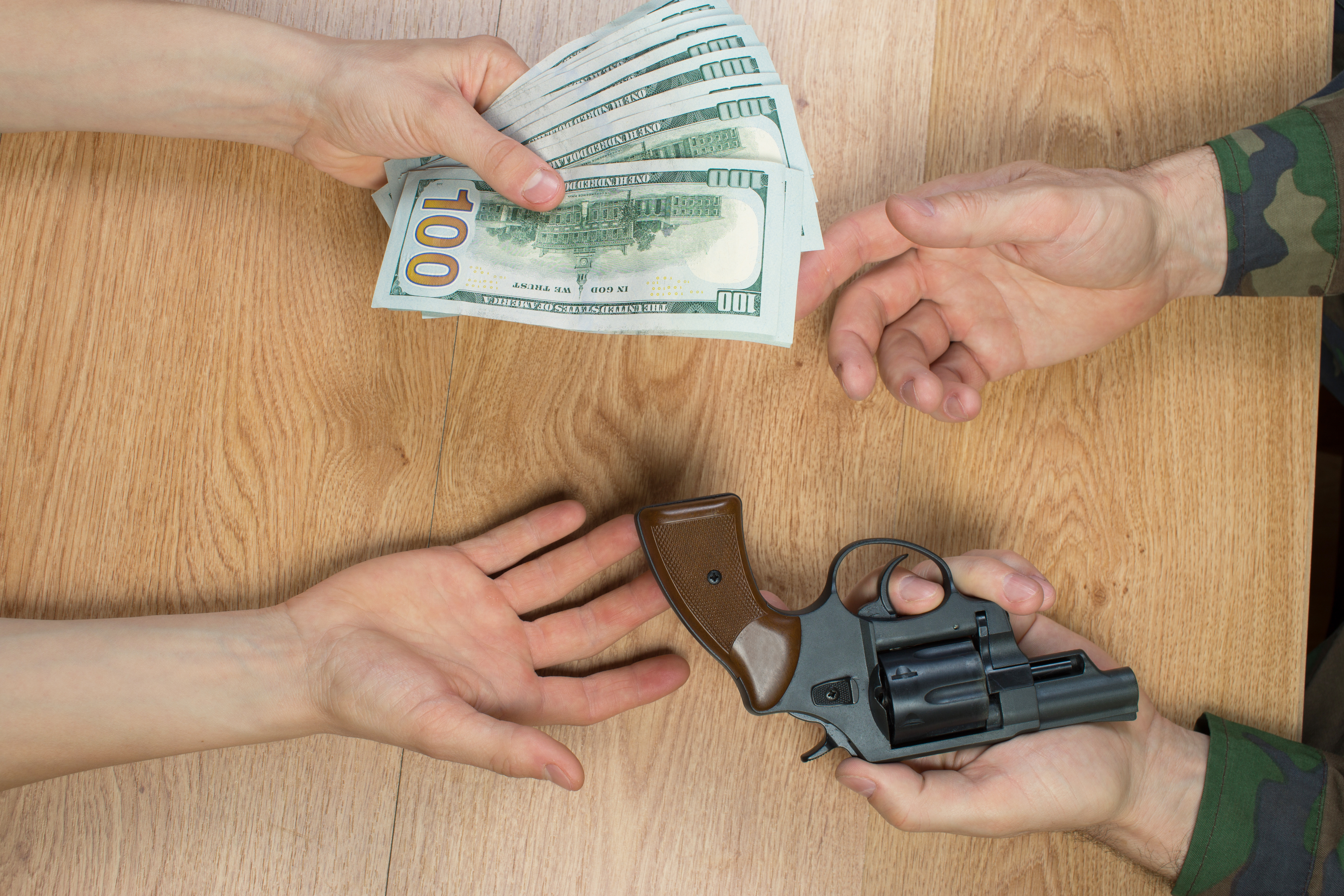Gun Laws In New Jersey | Understanding The Graves Act
New Jersey maintains one of the toughest in gun laws in the United States. Remember that your gun permit, even from a bordering state like Pennsylvania or New York is not valid  in New Jersey. If you cross the bridge into New Jersey with a gun without a license for it, you are committing a very serious crime. The main statute covering the unlawful or illegal use of a firearm is known as the Graves Act. This law, N.J.S.A. 2C:43-6(c), imposes a mandatory minimum state prison sentence for the following crimes:
in New Jersey. If you cross the bridge into New Jersey with a gun without a license for it, you are committing a very serious crime. The main statute covering the unlawful or illegal use of a firearm is known as the Graves Act. This law, N.J.S.A. 2C:43-6(c), imposes a mandatory minimum state prison sentence for the following crimes:
- Unlawful possession of a machine gun, hand gun, riffle, or shotgun
- Possession of a sawed off shotgun
- Possession of a defaced firearm
- Possession of a firearm while in the course of committing a drug distribution or possession
- Possession of certain weapons by a person previously convicted of a specified offense
If you are convicted under New Jersey statute 2C:39-5(b), you are guilty of a second degree offense. A judge has no discretion and must sentence you to a term of 5-10 years in New Jersey state prison. You are ineligible for parole for at least three years and so you have to serve the minimum of three years of this sentence. If it is your second attempt you are looking at a 5-10 year mandatory minimum sentence with no parole eligibility until that 5 year minimum.
Despite these mandatory minimum sentences under the Graves Act a person can still avoid jail in certain situations. A person charged under the Graves Act is still entitled to Pre-Trial Intervention (PTI) or probation but both of these programs would require consent by the Prosecutor’s Office. While a Prosecutors’ Offices in New Jersey cannot categorically deny a PTI application they will normally not consent to a PTI disposition unless the case involves a extraordinary or compelling circumstances. Some Circumstances that would qualify a person for PTI would be no prior criminal history and if the defendant had obtained the weapon lawfully in another state. With regards to probation, again, the Prosecutor’s office would only consider this type of disposition if a person had no prior criminal history, the gun was unloaded, and the gun posed no risk to the public.
In addition to PTI and probation, a defense attorney can also negotiate for a “Graves Waiver” which would reduce the minimum turn of parole eligibility from three years to as low as one year. Similar to PTI and probation, however, a Graves Waiver would require the Prosecutor’s Office consent. Approval of a Graves Waiver would require the office to consider all of the mitigating and aggravating circumstances around the incident.
While PTI, probation, and a Graves Act Waiver are all potential non-trial disposition channels a person still obviously maintains their presumption of innocence. If a person proceeds to trial, the prosecution must prove beyond a reasonable doubt that a person not only possessed a firearm but that he/she possessed it with some unlawful purpose. While the criminal indictment does not need to identify a specific unlawful purpose the jury instructions following a trial must include guidance informing a jury that it must find an unlawful purpose to convict a person.
An unlawful purpose may be easier to prove in a case involving a robbery or burglary but more difficult to prove in cases where a person is simply in possession of a gun, actually or constructively. Actual possession means that the person had the firearm on their person while constructive possession means that the firearm was in the person’s area of immediate control. If you are charged with a gun crime in New Jersey it is important that you take it very seriously and consider all of your options including proceeding to trial.
Contact Our Criminal Defense Lawyers in PA & NJ
Please click here to contact our Philadelphia criminal defense lawyers. We offer free case reviews and serve the following areas in Pennsylvania and New Jersey, Atlantic City, Camden, Cherry Hill, Chester, Conshohocken, Doylestown, Media, Norristown, Philadelphi



